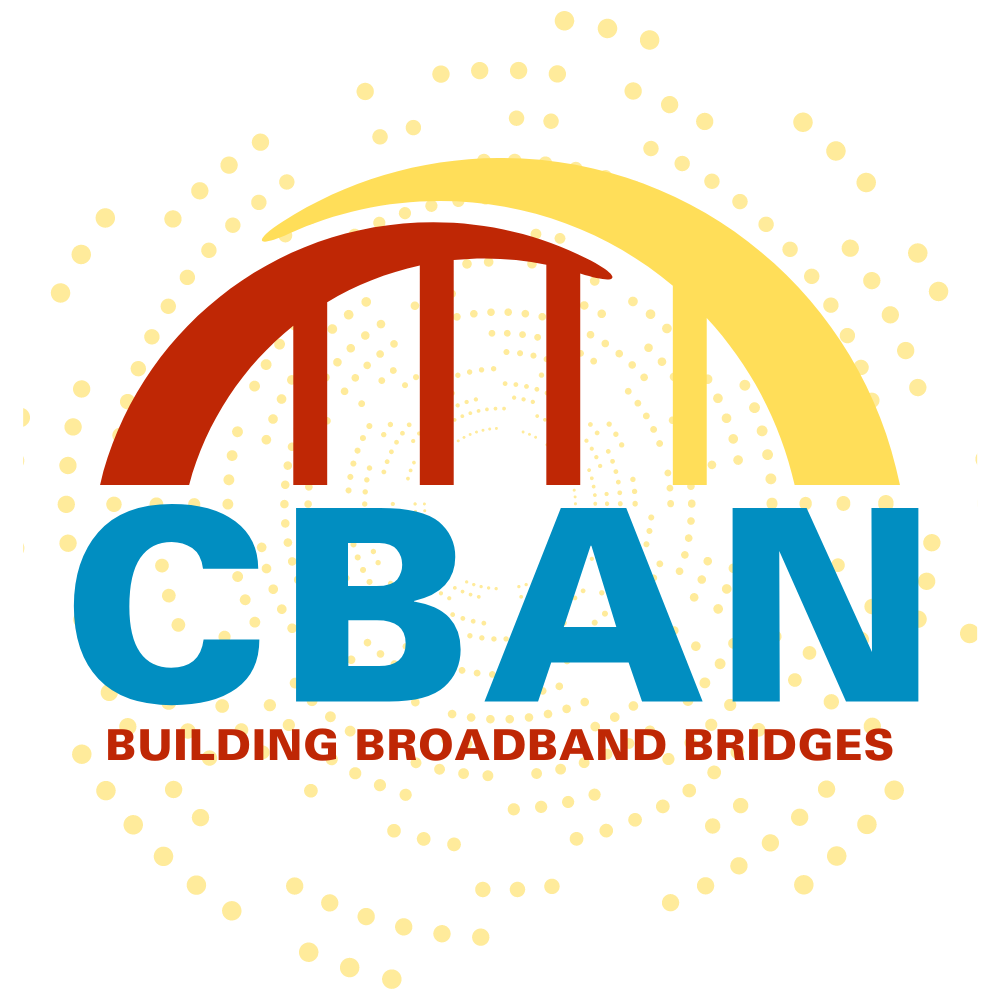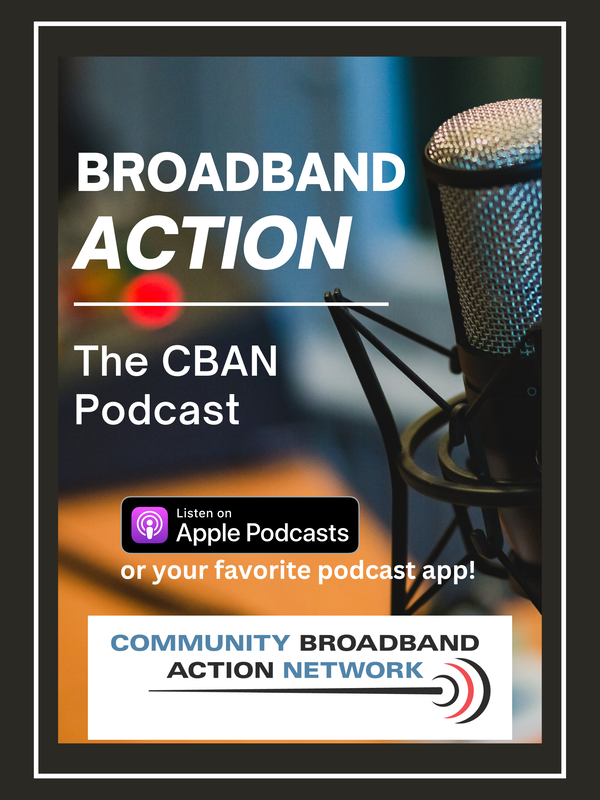|
Phone giants Frontier and Centurylink received hundreds of millions of dollars through the Connect America Fund (CAF) to bring internet access to unserved rural Americans. Under the terms of the 2015 CAF awards, the companies were required to extend 10 Mbps download and 1 Mbps upload speeds to 80% of funded locations by the end of 2019 and 100% by the end of 2020. It probably comes as no surprise to most people that the companies are running behind on meeting these goals. As noted in Ars Technica: For CenturyLink, the states where the ISP seemingly failed to meet the deadline are Alabama, Arkansas, Colorado, Iowa, Idaho, Illinois, Indiana, Kansas, Louisiana, Michigan, Minnesota, Missouri, Montana, Nebraska, New Mexico, North Dakota, Ohio, Oregon, South Dakota, Utah, Virginia, Washington, and Wisconsin. While it seems outrageous that these companies aren't living up to their obligations, what's even more outrageous is that they received federal funding for extending service that doesn't even meet the definition of broadband internet. Billions in federal subsidies are being spent to provide internet speeds more suited for consumer needs in 2005 than 2020. Granted, the very rural areas for which funding was received are very expensive to serve. But by setting the bar so low, the FCC is essentially guaranteeing those rural residents will always be second class citizens of our digital economy.
0 Comments
Leave a Reply. |
Broadband Bytes NewsPresented by the Community Broadband Action Network and curated by Curtis Dean. Archives
July 2024
Categories
All
|




 RSS Feed
RSS Feed
